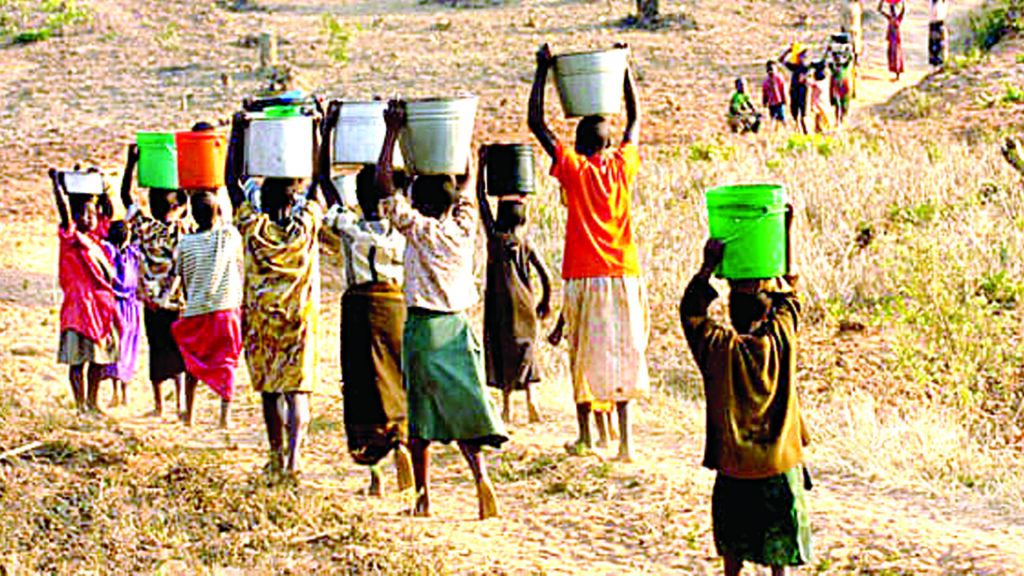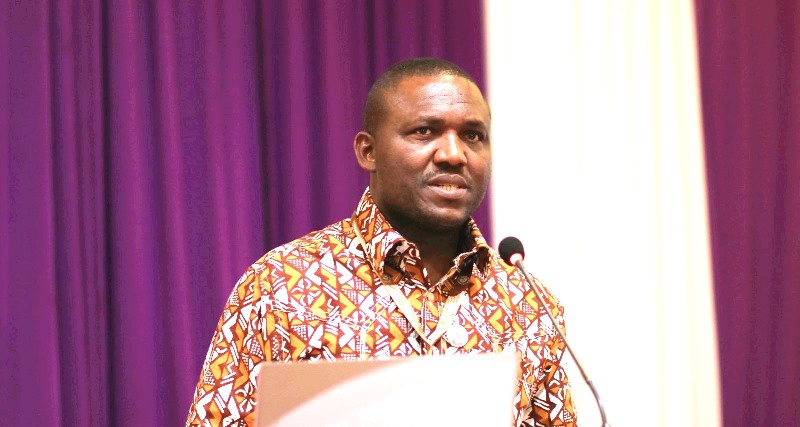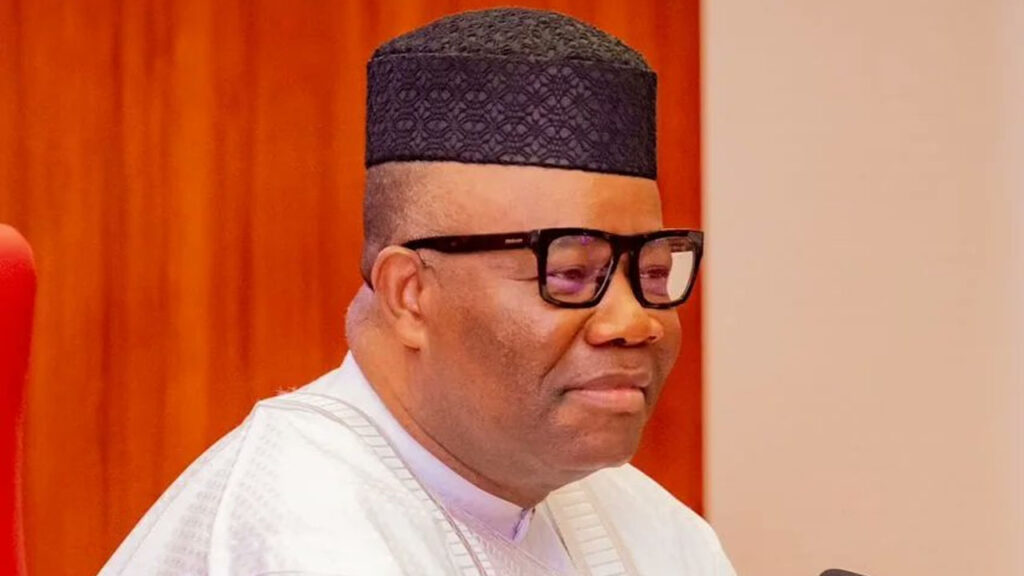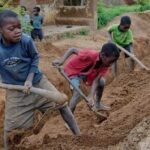
For nearly two decades, the world had been making steady progress in reducing child labour, which has been on the rise.
Over the past few years, conflicts, crises and the COVID-19 pandemic have plunged more families into poverty and forced millions of children into child labour.
Findings showed that the declining economic growth has not improved or inclusive enough to relieve the pressure that makes many families and communities resort to child labour.
According to the International Labour Organisation (ILO), about 160 million children are still engaged in child labour, that is, almost one in 10 children globally.
The labour organisation hinted that child labour is majorly caused and perpetuated by poverty and exclusion. According to the global body, it deprives children of education and opportunity, as well as stacks the odds against their securing a decent income and stable employment as adults.
In taming the menace, the commemoration of this year’s World Day against Child Labour marked every June 12, stakeholders sought support for greater social justice to stem the fight against child labour.
This is coming on the heels of the ongoing 111th International Labour Conference (ILC) in Geneva in Switzerland, where steps towards increasing social justice to address child labour would be taken into cognisance.
Speaking on this year’s theme, ‘Social Justice for All. End Child Labour!’ ILO Director-General, Gilbert Houngbo, lamented that what is happening with child labour was the very opposite of social justice.
According to him, for the first time in 20 years, child labour is on the rise. Noting that child labour rarely happens because parents are bad or do not care, rather, he said it springs from a lack of social justice.
He said the antidote to poverty-driven child labour was decent work for adults, so they could support their families and send their children to school, not to work.
He maintained that decent work means ending forced labour, creating safe and healthy workplaces, as well as letting workers organise and voice their needs.
He said nations must step up the fight against child labour, by supporting greater social justice. According to him, “If we do this, an end to child labour is not just possible. It is within reach.”
He said the abolition of child labour was a cornerstone of the aspiration for social justice, through which every worker could claim freely and based on equality of opportunity and treatment their fair share of the wealth that they have helped to generate.
He said promoting concrete actions to address root causes and advancing social justice were at the heart of the Durban Call to Action, adopted at the fifth Global Conference for the Elimination of Child Labour in 2022.
Noting that it was a blueprint for turning the tide against child labour using every available economic, political and social lever, he said it sought to ensure that child labour is prioritised in national and global policymaking and activities, in development cooperation and financial, trade and investment agreements.
“We, therefore, consider the 2023 World Day Against Child Labour to be a moment for all of us, who are committed to ending child labour to demonstrate that change can be achieved when will and determination come together and provide momentum for efforts to be accelerated in a situation of great urgency,” he said.
For this year’s World Day Against Child Labour, Houngbo called for a reinvigorated international action to achieve social justice, particularly under the envisaged Global Coalition for Social Justice, with child labour elimination as one of its important elements.
“Universal ratification of ILO Convention No. 138 on Minimum Age, which, together with the universal ratification of ILO Convention No. 182 on Worst Forms of Child Labour achieved in 2020, would provide all children with legal protection against all forms of child labour; and the effective implementation of the Durban Call to Action,” he added.
Already, in Nigeria, the government has said that there are about 15 million child workers in the country.
At a National Child Labour and Force Labour Survey Validation Workshop, held recently in Abuja, the Director, ILO Country Office for Nigeria, Ghana, Liberia, Sierra Leone and Liaison Office for ECOWAS, Venessa Phala, argued that the practice of engaging under-aged children in eking out a living runs contrary to the ILO Convention on the World of Work.
She said that children have right to better lives than engaging in forced labour practices just to shore up income on behalf of their parents.
In eradicating the scourge of child labour and forced labour in Nigeria, Phala said concerted efforts are required from all stakeholders.
Part of which, she said is the development of monitoring infrastructure to determine and measure the magnitude, distribution, dimensions and characteristics at the national and sub-national levels.
According to her, statistics reveal that there are no fewer than 15 million child workers in Nigeria. According to ILO, the UN warning that the absence of mitigating strategies could see an exponential increase in the number of children engaged in child labour, which would certainly have massive implications for the future.
She enjoined Nigerians across the federation to remain steadfast in the fight against the rising child labour, forced labour and modern slavery practices to eradicate it from society.
She said: “As a country, however, we take pride in stating that giant strides have been made in dealing with this menace. Most notably the adoption and ratification of ILO Conventions 138 and 182 on Minimum Age and Worst forms of Child Labour respectively; the passage of the Child Rights Act into law to domesticate the Convention on the Rights of the Child, adopted by 35 state governments and the FCT.
The review and the validation of the National Policy on Child Labour and the National Action Plan on the Elimination of Child Labour, Prohibition and Elimination of Forced Labour, Modern Slavery, and Human Trafficking in workplaces were also spearheaded by the Federal Ministry of Labour and Employment.
“The National Action Plan on the Elimination of Child Labour provides a roadmap for the implementation of the National Policy on Child Labour in Nigeria. This Plan of Action was designed for use in the prevention of and in response to child labour and its worst forms, reflecting the collective commitment of government, community-based organisations and civil society groups towards ensuring better conditions for children in the country.”













